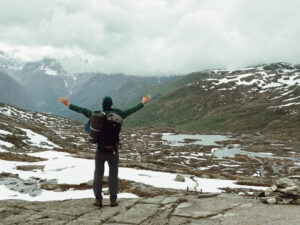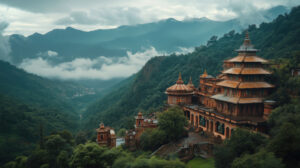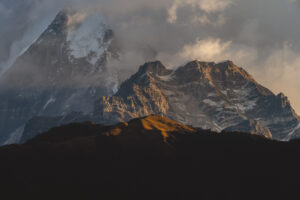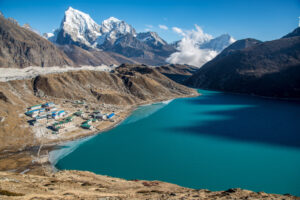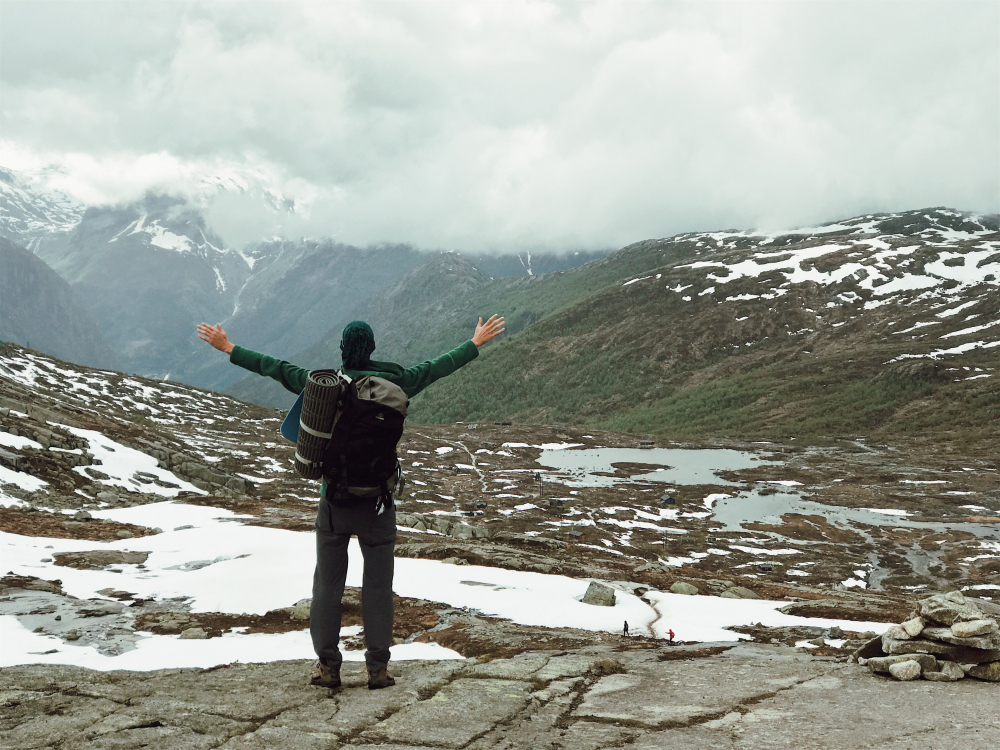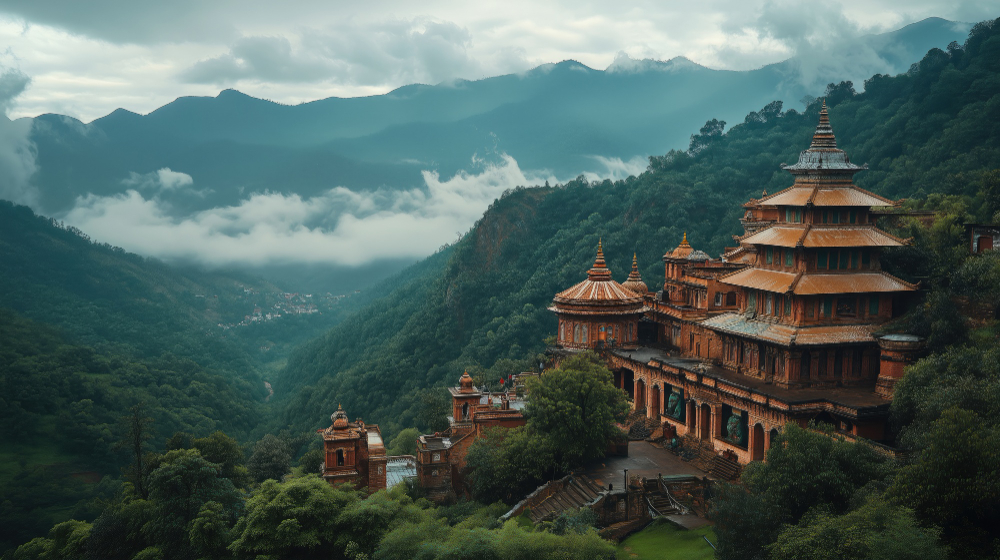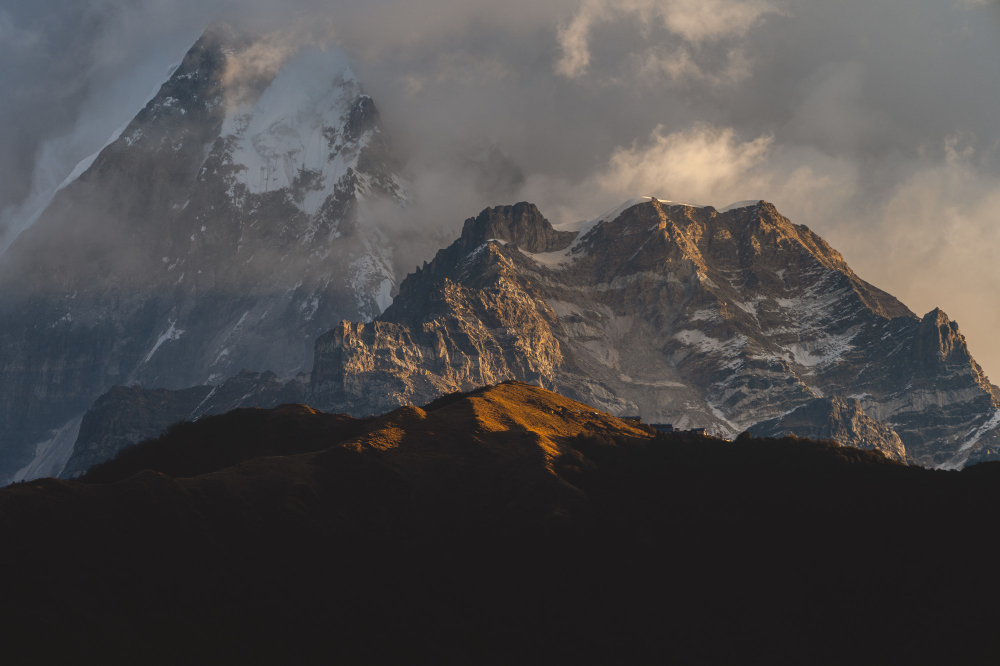Planning your first Tibet adventure? One wrong move could cost you thousands in wasted bookings, missed permits, or dangerous altitude miscalculations. Here’s what seasoned Tibet travelers wish they knew before their first trip.
Mistake #1: Ignoring Tibet Permit Requirements
Tibet requires special permits beyond your China visa. Many first-timers book flights only to discover their permits weren’t processed correctly, resulting in denied entry and lost bookings. Professional agencies like Tibet Vista handle permits for free, ensuring guaranteed entry.
Mistake #2: Underestimating Altitude Preparation
Lhasa sits at 3,650 meters above sea level—higher than many mountain peaks. Rushing activities like climbing Potala Palace’s 350 steps without proper acclimatization can trigger dangerous altitude sickness. Smart travelers spend their first day taking it slow and avoiding strenuous exercise.
Mistake #3: Choosing Wrong Travel Season
Tibet’s weather dramatically affects accessibility and experience. While peak season offers the best weather, shoulder seasons provide better prices and fewer crowds at iconic sites like Everest Base Camp.
Mistake #4: Booking Generic Tours vs. Local Experiences
Mass tourism misses Tibet’s authentic soul. Hiring Tibetan local guides provides insider knowledge about cultural significance, hidden gems, and respectful interaction with religious sites. Over 1,000 certified Tibetan guides depend on tourism for their livelihoods.
Mistake #5: Inadequate Physical Preparation
Tibet’s terrain demands more physical preparation than most destinations. From high-altitude hiking to monastery climbing, physical fitness directly impacts your enjoyment and safety.
Mistake #6: Packing Wrong Gear
Tibet’s extreme altitude and weather variations require specific clothing and equipment. From sun protection at high altitude to warm layers for temperature drops, proper packing prevents expensive emergency purchases.
Mistake #7: Not Supporting Local Communities
Responsible travel means choosing local accommodations, restaurants, and guides. This supports Tibetan families while providing authentic cultural experiences that generic hotels cannot offer
